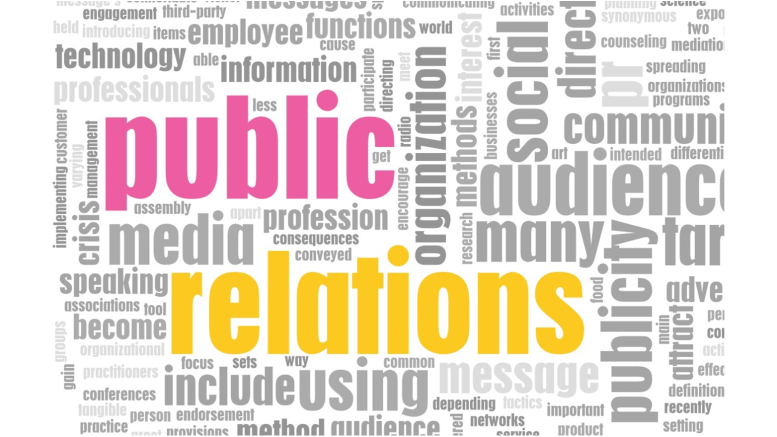In today’s evolving landscape of communications and public relations, influencer marketing has emerged as a transformative force. What began as a niche tactic has swiftly become a cornerstone of successful PR campaigns, revolutionizing the way brands engage with their audiences.
Social media platforms like Instagram, ShareChat, moj, and YouTube have introduced a new class of celebrities—social media influencers. These figures, often with millions of followers, hold significant sway over their audiences. Brands have recognized this power, shifting their strategies to leverage influencers’ vast and engaged followings.
A major advantage of influencer marketing is its ability to humanise brands. Unlike traditional advertising, which can seem impersonal, influencers offer a genuine and relatable connection with their followers. This authenticity attracts audiences who are increasingly weary of conventional marketing methods. By integrating brand messages seamlessly into their content, influencers make these messages feel like a natural part of the online experience.
For PR professionals, building strong relationships with influencers has become crucial. No longer solely reliant on mainstream media, PR experts are now turning to influencers to shape public opinion. Crafting compelling stories that resonate with both influencers and their audiences has become an essential skill in modern PR.
The rise of micro-influencers—individuals with smaller but highly engaged followings—further illustrates the shift towards more personalized PR campaigns. These influencers cater to niche markets, allowing brands to target specific demographics with great precision. Consequently, PR campaigns are becoming more tailored, ensuring messages are delivered to the most relevant audiences.
Influencer marketing represents more than just a trend; it signifies a fundamental shift in brand communication. PR professionals must carefully select influencers who align with their brand’s values and ethos. Authenticity is critical; audiences can quickly detect insincerity in endorsements. Thus, successful influencer marketing hinges on creating genuine partnerships between brands and influencers, based on shared values and mutual respect.
India, with its burgeoning economy and rapid digitisation, exemplifies the growing significance of targeted marketing. As India’s economy is set to rise to the third-largest globally by 2030, brands are increasingly focusing on Tier II and Tier III cities. These areas are emerging as key growth hubs, particularly for the FMCG sector. Engaging with micro-influencers in these regions allows brands to connect effectively with local consumers and tap into these expanding markets.
Evaluating the impact of influencer marketing campaigns is also vital. PR professionals are now using data to assess reach, engagement, and overall effectiveness. This data-driven approach enables continuous optimization, ensuring that campaigns are increasingly targeted and impactful. For example, during the aspartame crisis, a leading cola brand used influencers to address the issue. Recently, an Indian airline engaged an influencer to counter negative social media narratives. While influencer marketing can sometimes be perceived as excessive, discerning consumers often remain skeptical.
Influencer marketing has become a powerful complement to traditional PR strategies. It enhances brand visibility, fosters positive engagement, and builds credibility through authentic endorsements. As social media evolves and new platforms emerge, PR professionals must stay adaptable, leveraging influencers as strategic partners in shaping narratives and influencing public perception. Mastering this art will position PR experts at the forefront of brand communication’s future.
The views and opinions published here belong to the author and do not necessarily reflect the views and opinions of the publisher.



Be the first to comment on "Influencer Marketing: Revolutionising Modern PR Strategies"